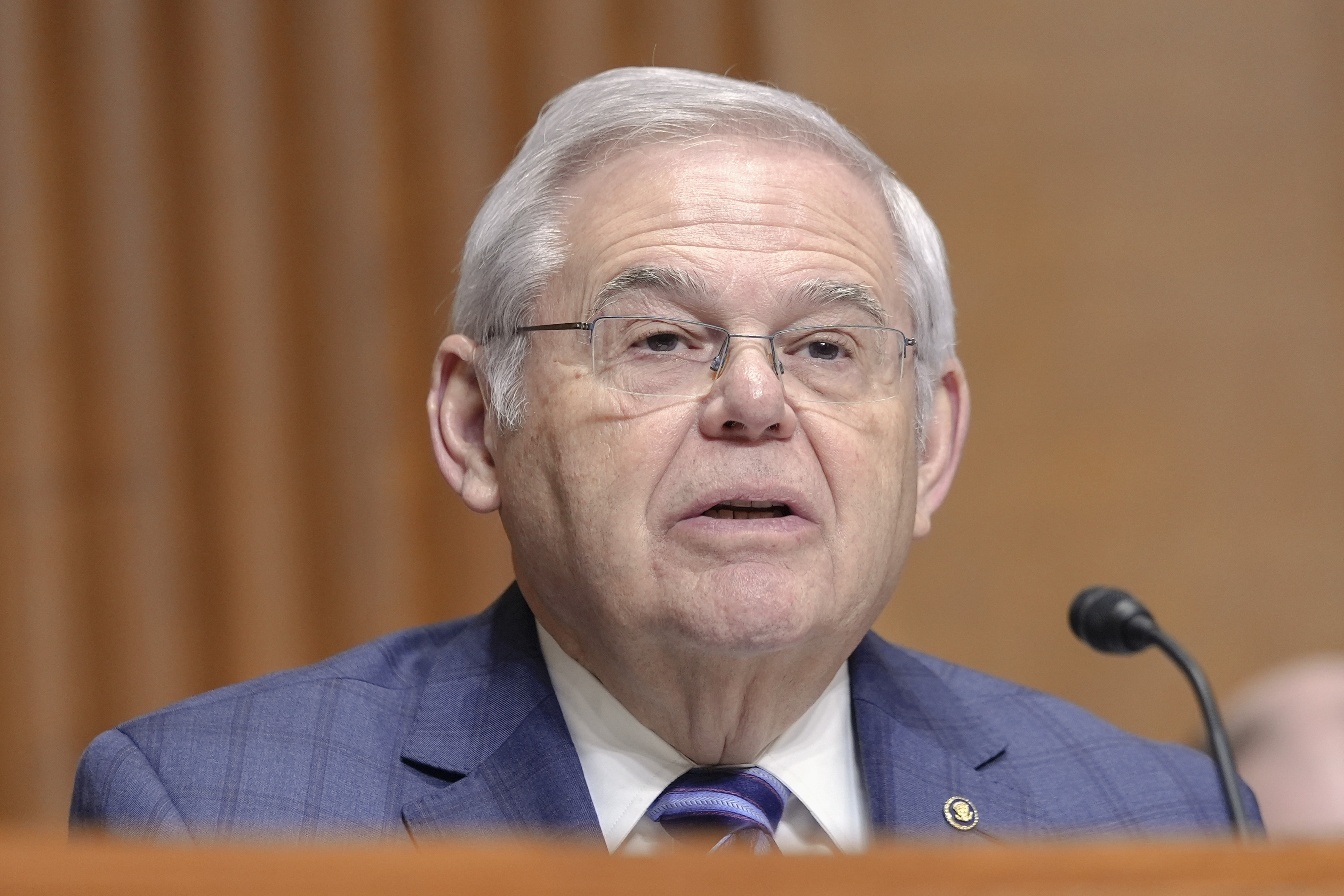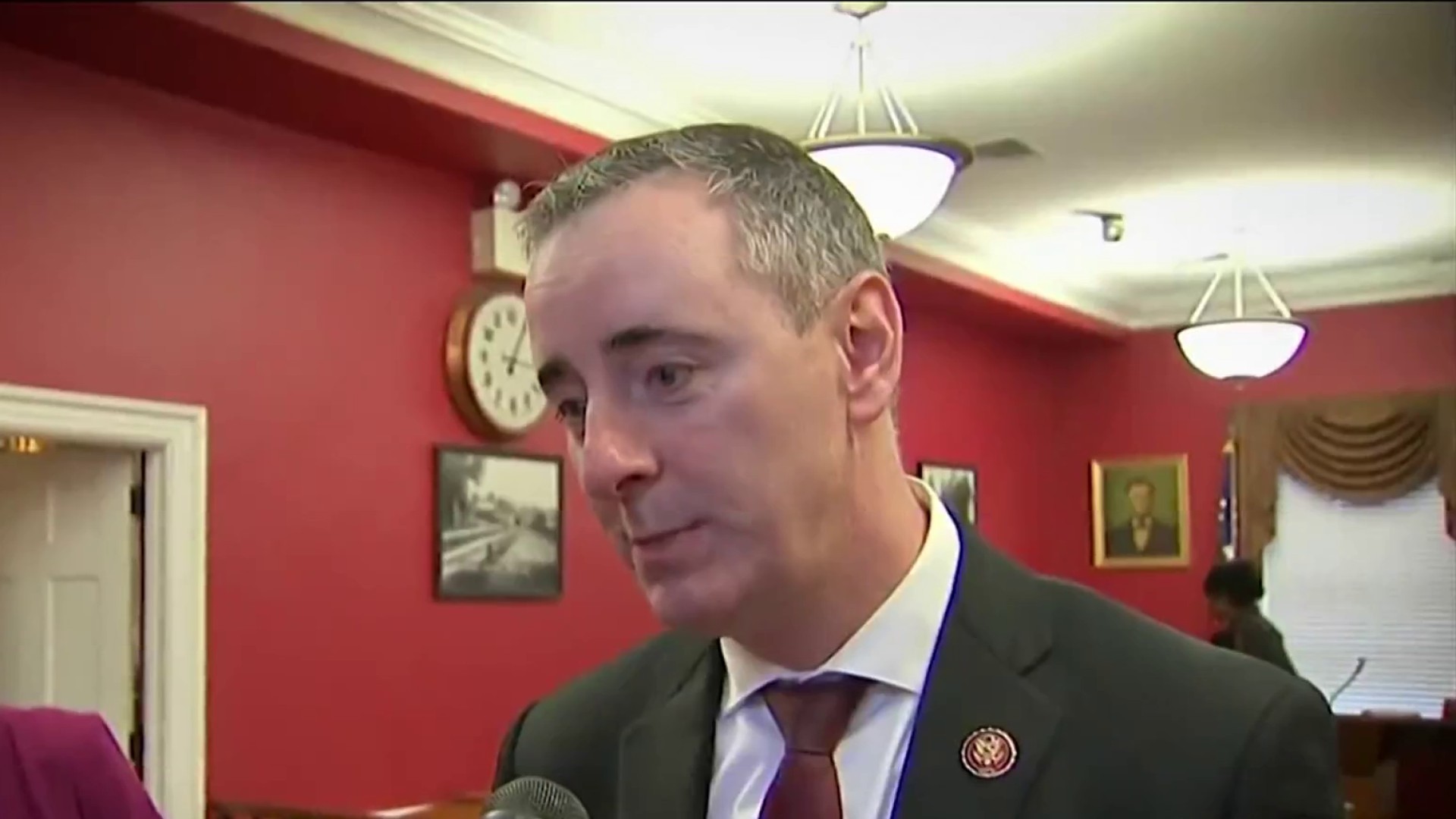As a new bill to ban cellphones in classrooms in the state of New Jersey moves through the legislature, NBC10’s Siobhan McGirl revisits the Cherry Hill School District that implemented a policy at the start of this school year.
The Cherry Hill School District in South Jersey was already ahead of this -- they started a ban on cellphone use in the classroom at the beginning of the academic year.
Now Gov. Phil Murphy is calling for a statewide ban for cellphones in schools that would go even further in all K-12 Garden State schools.
During his state of the state address in Trenton on Jan. 14, 2025, Murphy said he would like to see all school districts across the state adopt policies that ban cellphones in classrooms.
Get top local stories in Philly delivered to you every morning. Sign up for NBC Philadelphia's News Headlines newsletter.
The second-term Democrat says his reasoning is due to the growing use of cellphones and a growing number of kids experiencing mental health issues. He called phones in classrooms "a distraction."
“If you ask just about any educator, they will tell you that mobile devices are a distraction in the classroom, that they are fueling a rise in cyberbullying, and they are making it incredibly difficult for our kids not only to learn but to retain the substance of what they learn,” Murphy told legislators.
Entering his final year in office, Murphy said he would not sit back while watching kids suffer.
Politics
"Is it any surprise that the rise in smartphone usage has coincided with a growing youth mental health crisis?" Murphy asked.
He said he fully supports a ban on cellphones in all elementary, middle and high school classrooms.
"We will help establish phone-free schools," Murphy said.
The statewide effort is already in motion. A bill was just passed unanimously in the state Senate Tuesday to ban cellphones in the classroom. It now heads to the Assembly Education Committee.
To use Cherry Hill public schools as an example, the school district says students must keep their mobile devices in their locker or backpack while in front of the teacher during instruction. But they can check their phone when they're not in a classroom.
While opinions may vary, researchers who have studied the impact of phones in class say the impact can't be debated. It's a concern.
“It is clearly reducing exam performance which means it is reducing how much students are literally learning in school, therefore undermining the entire point of school," Rutgers University psychology professor Arnold Glass said.
Cherry Hill's superintendent Dr. Kwame Morton said they started this policy without being required because they saw the need.
Now, months later, everyone from administrators, parents and even students said they all see the difference.
“We can have that temptation, but we have to restrain ourselves," Rebekah Bruesehoff, Cherry Hill student, said.
Sign up for our Breaking newsletter to get the most urgent news stories in your inbox.



